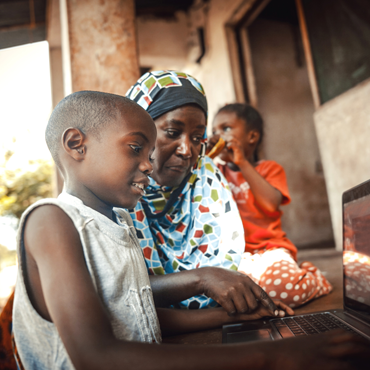Prysmian Group at Connected Britain 2023
Prysmian was a Platinum Sponsor at the UK’s most important connectivity event, which took place in London on September 20-21. Prysmian presented its complete FTTx cabling and connectivity portfolio, including the latest innovations for internal and external distribution, Karona Overblow system, and a range of fibre solutions.
Philippe Vanhille, EVP Telecom Division at Prysmian Group, took part in a panel titled “The changing investment landscape for the fibre market”. Vanhille explained how the global need for connection and infrastructure is moving the market is to leverage more on innovation, which will continue to be the main value creation driver.
Carlos Lopez, Telecom Sales Manager Prysmian UK, spoke in the Project Rollout stream “Supporting Full Fibre deployment in the UK”. He explained how smaller robust quality cables can be used in congested ducts, reducing packaging and transportation costs, and helping minimise the environmental impact and carbon footprint of network builds.












